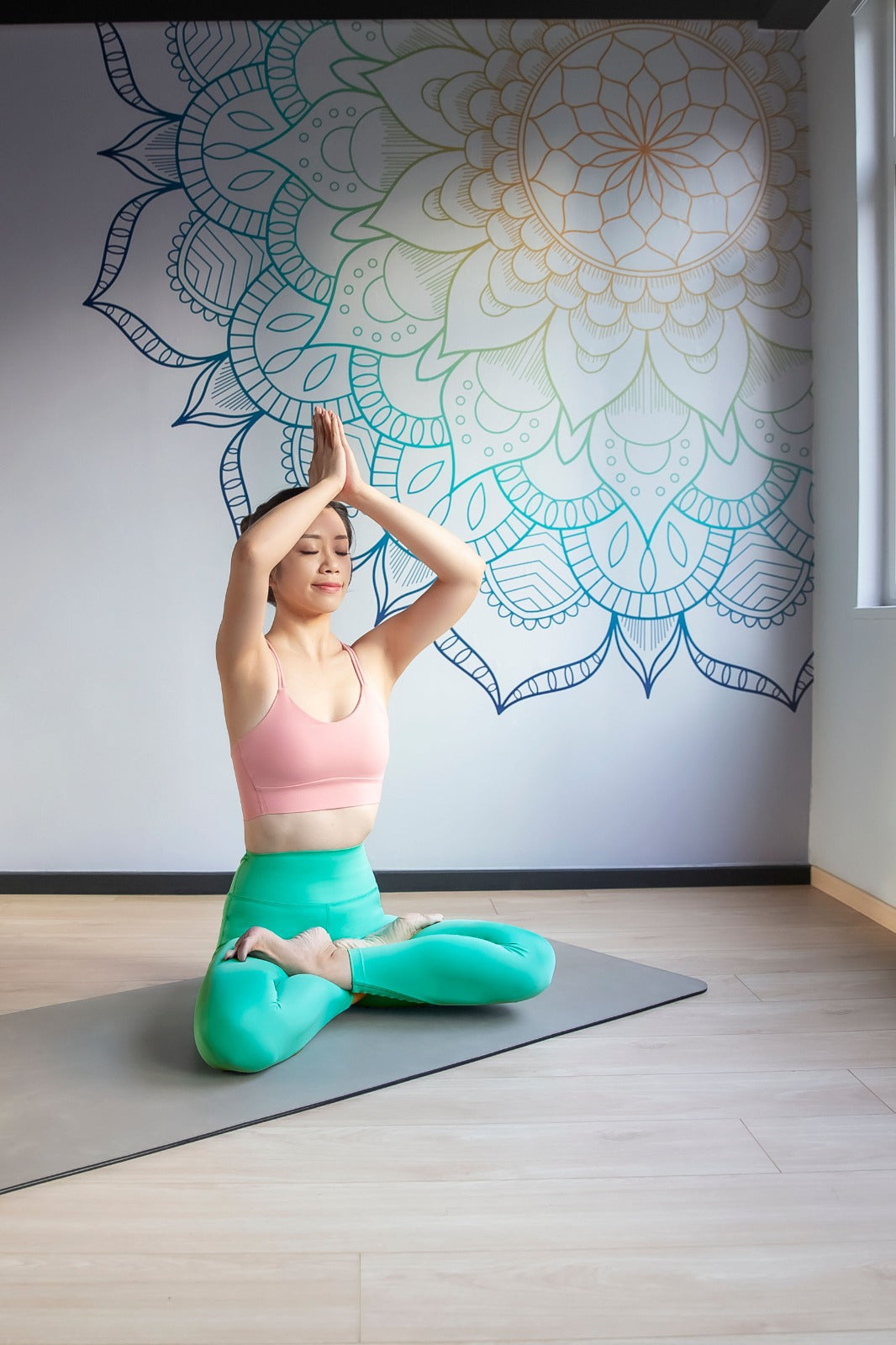文章: The pursuit of happiness

The pursuit of happiness
The pursuit of happiness
Simon Hui
Founder, Mindful Studio HK
The Buddha unequivocally declared “all living beings desire happiness and recoil from suffering.”
By default, we find happiness through the gratification of the senses: inner desires drive us to search for things to see, hear, smell, taste, touch, and even think. But such gratifications are ephemeral and the blind chase for sensual desires have led to innumerable societal problems. Is it then possible to find true happiness that is (more) sustainable?
True happiness, in the form of contentment with a peaceful calm, is possible, provided you are willing to cultivate the seeds, with a lot of patience. The first seed to be cultivated is mindfulness — when we are able to bring our full attention to the present moment. While being mindful is necessary, it is insufficient, as there is an inseparable connection between happiness and moral behavior. In other words, alongside mindful living, one must also conduct one’s life in an ethical way. If we speak or act with an impure mind, suffering follows; and if we speak or act with a pure mind, happiness follows.
What amounts to purity and impurity then? A mind poisoned by greed, hatred, and delusion is a mind that is impure. Conversely a mind infused with generosity, loving-kindness, and clarity is pure. The Buddha taught us that there is a possibility for human liberation from the poisons of greed, hatred, and delusion through the cultivation of eight factors: right understanding, right thought, right speech, right action, right livelihood, right effort, right mindfulness, and right concentration.
These eight pastures can be further grouped into three categories of wisdom, ethical conduct, and mental discipline. “Right mindfulness,” for instance, falls under the category of mental discipline. These three categories are meant to be nurtured all together. With mindfulness taken out of context from the other factors, sooner or later we will encounter problems, as mindfulness was never meant to be a standalone practice. For example, a person who is about to commit a violent crime is also necessarily mindful. Only when that person’s mind is contemporaneously imbued with wisdom and morality could the violent act be avoided.
The practice
When you are ready to embark on the journey to true happiness, meditation shows the way. Without aspiring to the lofty goal of spiritual awakening, meditation is great for stress reduction and for mental and physical ease. Consistent practice can even disentangle emotional difficulties, leading to a general sense of wellbeing.
What makes meditation even more extraordinary is that the effect of the practice does not only benefit us, but can also benefit everyone around us. The secret lies in the realization that the more we understand ourselves, the more we understand others. Did you ever consider the nature of sensations, emotions (anger, love, generosity) and pains are the same for everyone? As we understand ourselves better, we will also begin to understand the commonality of suffering in all beings. This insight will give rise to the virtue of compassion and ultimately the perception of an increasingly more connected humanity, something that we badly need.
Customarily, meditation is introduced as a two-prong practice consisting of “concentration meditation” and “insight meditation.” The former facilitates the steadying and settling of the mind, while the latter leads to the exploration and discernment of the ultimate characteristics of phenomena (e.g. impermanence). Concentration practices help us relate more to the emotional aspects of the mind such as peace, compassion, love, and bliss. While insight practices relate more on the wisdom qualities such as understanding, discrimination, and discernment.
How to cultivate a regular practice
The emphasis is on the word practice. The spiritual path is a lifelong journey yet checking in daily with this profound practice yields great impact. You may consider meditating at about the same time every day and determine beforehand how long you would like to meditate. Beginners may start with 10mins and working up to 45mins (or more) eventually.
Some meditators like to designate an area in their homes as a Zen zone, decorated with inspiring objects. The key is to keep the practice environment simple. The purpose of the practice is not to induce any particular state of mind per se, but to bring added clarity to whatever experience you are having in the moment. If obstacles are encountered along the way, learn to come back to the beginning, and start again. Sometimes meditation is also called the practice of a thousand beginnings. May you all find happiness and abide safely therein.


